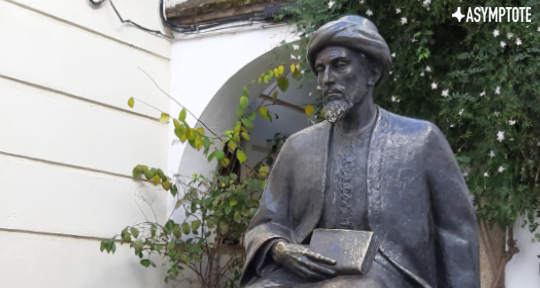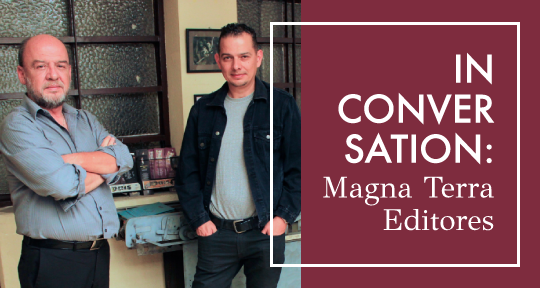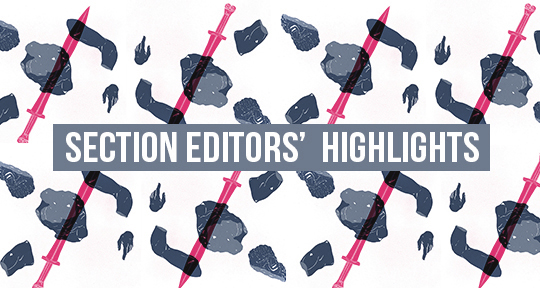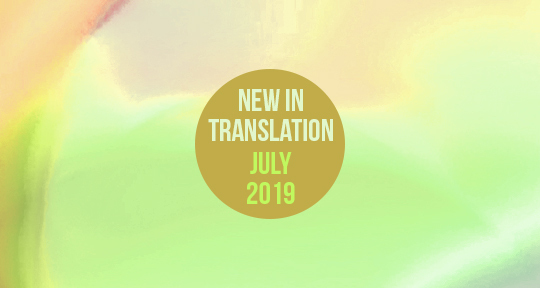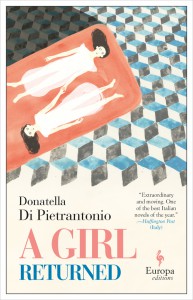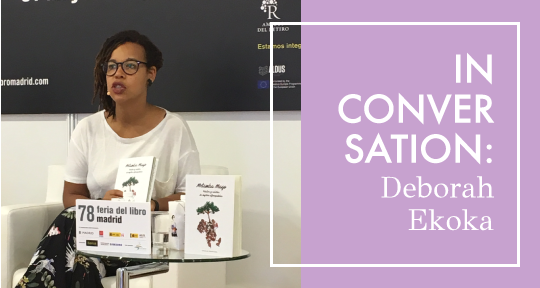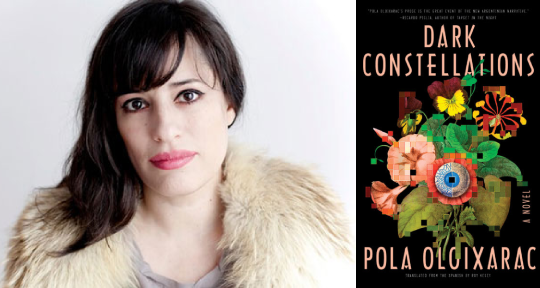Today, early Arabic thinkers are largely overlooked in discussions of the origins of Western philosophy. In this essay (the second part of which will be published tomorrow), Brother Anthony of Taizé brings the focus back to this period of prolific scholarship and translation, and remembers the most influential philosophers and Greek-Arabic translators of the Medieval Islamic world.
In a short story by Jorge Luis Borges, “La busca de Averroes” (1947), we find Averroes (ibn Rushd, 1126-1198), the great Spanish Arabic commentator of Aristotle, at a loss to understand the words “comedy” and “tragedy” he has found in Aristotle’s Poetics, because his own culture has no tradition of theatrical drama. He is given hints by the sight of children playing at being the muezzin in a mosque, as well as by an account of a theatrical performance in China given by a returning traveler, but he can make nothing of them. Borges then intervenes to make this a parable illustrating the impossibility of ever understanding anyone who lives in a radically different time and culture. In reading this story, we are confronted with our own (and Borges’s) inability to write and read the actual words for “tragedy” and “comedy” which Averroes was struggling with. Today’s widespread Western inability to read Arabic, Greek, or even Latin, should be a source of shame, although it doesn’t seem to be. Many of Borges’s readers might already be at a loss to imagine an Arab struggling to understand Aristotle, so unfamiliar the intellectual history of the Muslim world has become. READ MORE…

